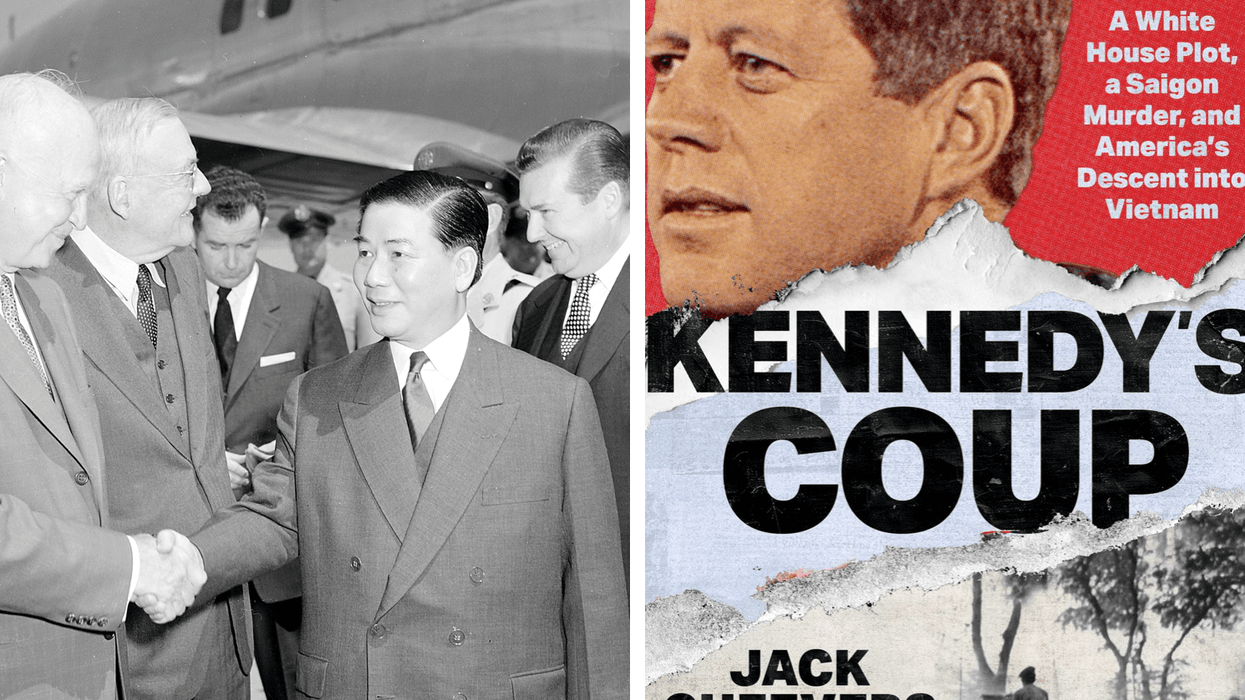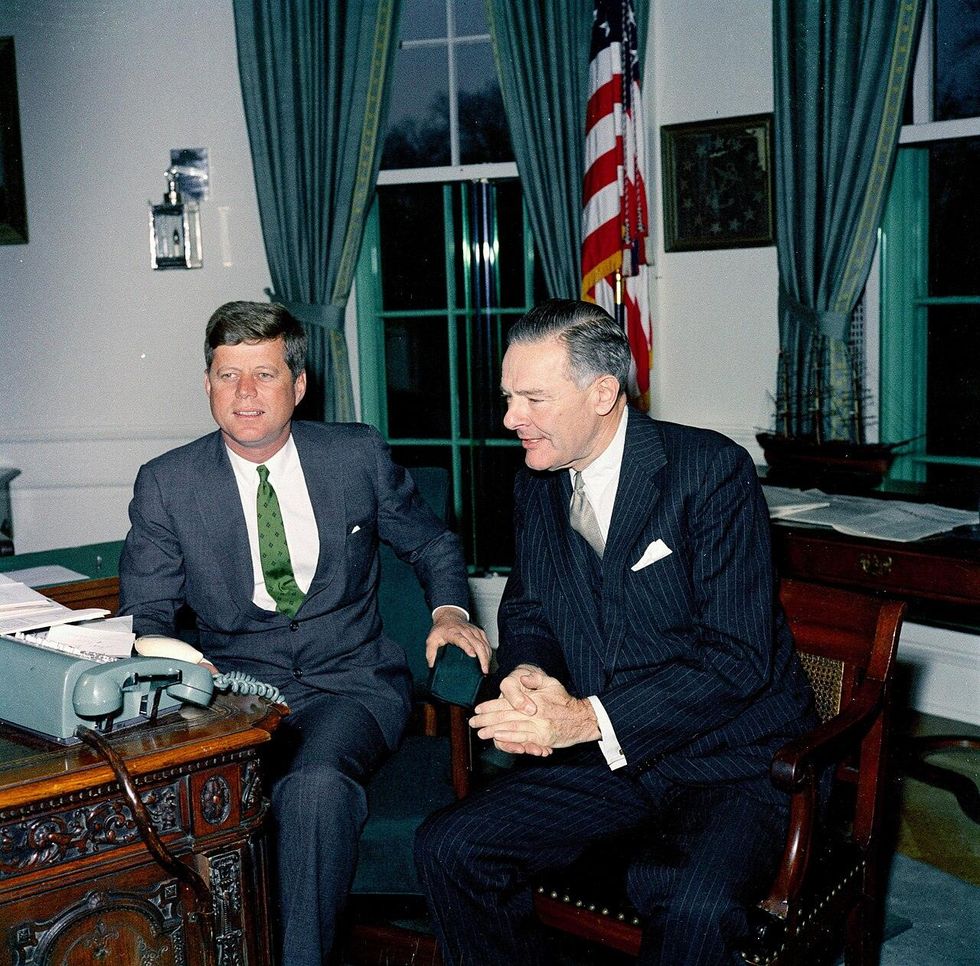The conventional wisdom among many Washington policymakers is that arms sales are a critical tool of U.S. foreign policy — cementing alliances, projecting power and influence without putting boots on the ground, and fostering regional stability.
But as my new paper for the Quincy Institute explains, the risks of arms sales in fueling conflicts, enabling human rights abuses, and drawing the United States into conflicts that don’t promote its national interests are too often discounted in favor of their alleged benefits. As a result, the United States has long been the world’s largest arms-supplying nation, cornering 39 percent of the market in recent years and providing weapons to over 100 recipient nations.
Long-term U.S. interests would be much better served by a more restrained approach to arms transfers. Early on, it seemed that the Biden administration recognized this fact and was going to do something about it. As a candidate, Joe Biden said that if he was elected, the United States would “no longer check its values at the door” when it came to selling weapons abroad.
And he took the occasion of his first foreign policy speech to announce that his administration would end support for offensive operations in Yemen, including relevant arms sales. Following up on that pledge, he briefly suspended sales to Saudi Arabia and the United Arab Emirates to conduct a review of the wisdom of U.S. sales to those regimes, which have been the key players in a devastating intervention in Yemen that has resulted in the deaths of nearly 400,000 people through direct and indirect means, including thousands of civilians killed in Saudi airstrikes carried out with U.S.-supplied equipment and logistical support.
But aside from suspending one bomb deal with Saudi Arabia, the administration cleared both nations for further U.S. sales. This return to business as usual has also encompassed sales to repressive regimes like Egypt, Nigeria, and the Philippines with severely negative human and security consequences and little if any corresponding benefit to the United States.
This is not to suggest that all U.S. arms sales are inherently bad. It makes sense to supply weapons to Ukraine to help it defend itself against the Russian invasion, which the United States has done at near-record levels over the course of just eight months. But even this arms supply raises important issues, including the need to be careful about providing weapons that could be used to strike targets deep inside Russia, and the absence to date of a parallel diplomatic strategy to try to end the war. Pouring in weapons without a larger strategy could be a recipe for ensuring a long, grinding conflict, or a spur to escalation into a U.S.-Russian confrontation that could have unforeseen consequences, including a possible resort to nuclear weapons by Moscow.
It’s important to note that not all U.S. arms sales are determined by a careful consideration of their potential strategic impact or humanitarian consequences. Arms exporting firms like Lockheed Martin, Boeing, General Dynamics, and Raytheon profit handsomely from overseas sales, and use their considerable lobbying clout to press for sales to as many countries as possible.
The most obvious example of corporate lobbying to promote questionable arms deals has been Raytheon’s concerted campaign to persuade the executive branch and Congress to sign off on a controversial sale of precision-guided munitions to Saudi Arabia. The Trump administration sided with the company when it vetoed a congressional effort to block a tranche of weapons that were proposed in 2019. Similar efforts to persuade Biden to do the same are no doubt still underway, but such lobbying activity often takes place behind closed doors, outside the view of the public and the press.
There is still time for the Biden administration to change course on its approach to arms sales. Its internal debate should come to a head when the administration releases its official arms sales policy directive some time later this year. The mood in Congress is already shifting, most notably as illustrated in calls by key members from Rep. Ro Khanna (D-Calif) and Sen. Richard Blumenthal (D-Conn.) to Senate Foreign Relations Committee chair Robert Menendez (D-N.J.) to freeze sales to Saudi Arabia over its collaboration with Russia on reducing global oil output.
It’s long past time for a change in U.S. arms sales policy toward placing greater emphasis on assessing the risks of specific sales rather than their alleged benefits, ensuring greater transparency over how U.S. weapons are actually being used, and enhancing Congress’s power to block questionable exports.
Hopefully, these issues will be thoroughly debated in the run-up to the release of the Biden administration’s official arms sales policy. A change in policy is long overdue, both to promote long-term U.S. interests and to reduce the harm to civilians and countries in conflict that comes with unrestrained weapons exports.





 President John F. Kennedy and Henry Cabot Lodge Jr. in 1961. (Robert Knudsen/White House Photo)
President John F. Kennedy and Henry Cabot Lodge Jr. in 1961. (Robert Knudsen/White House Photo)










